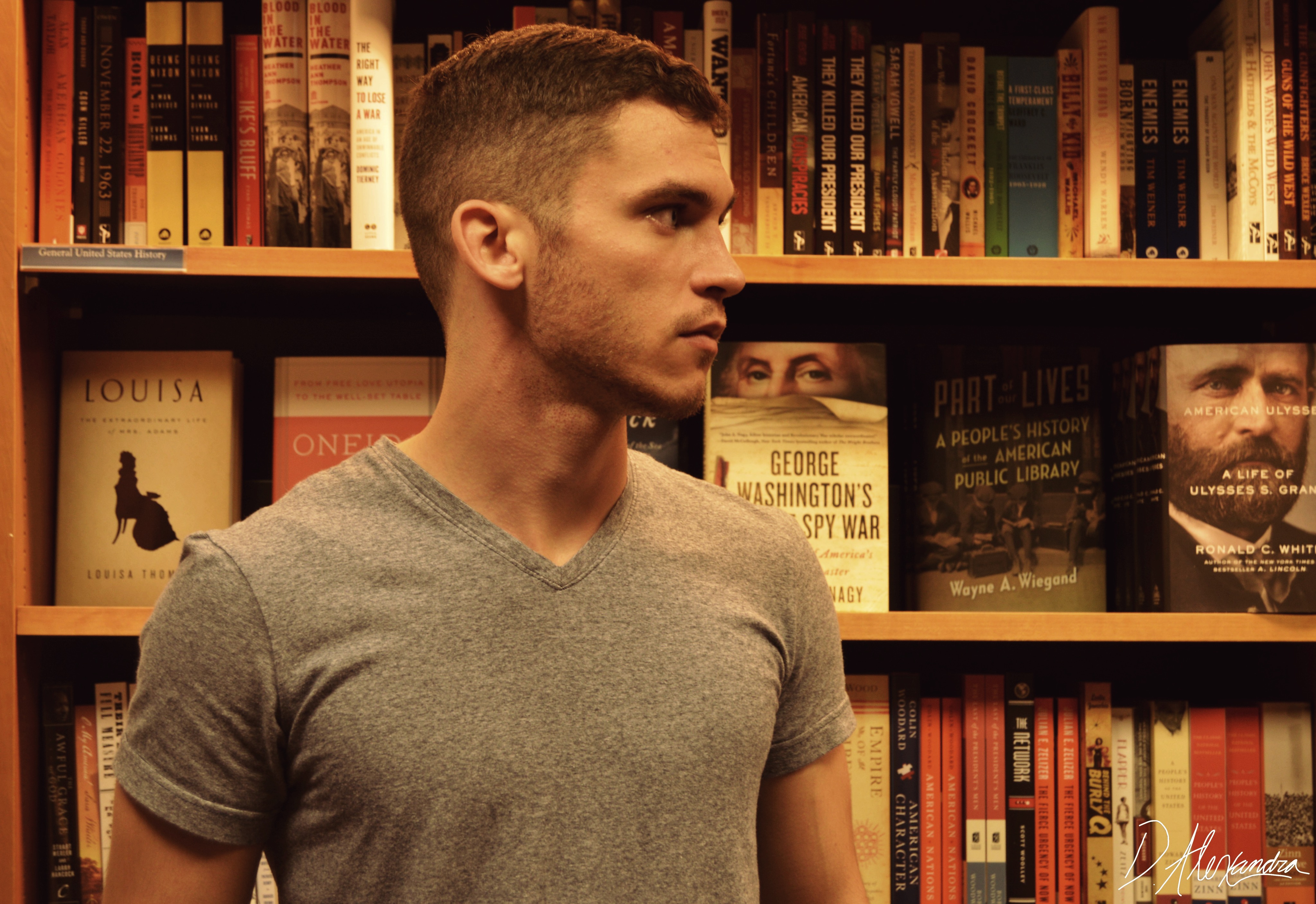Ryan Holiday built his reputation by being one of the most hated and controversial figures in the media industry. As American Apparel’s marketing director, he ran some of the most provocative ad campaigns of the decade, including one featuring a half-naked elderly woman. He started fake boycott groups and destroyed his own billboards just for the publicity, then exposed all of it in his book Trust Me I’m Lying – all before he turned 25.
Holiday, now 29, has made more high-stakes decisions than most professionals will make in a lifetime. Your typical twenty-something would have cracked under the pressure. But your typical twenty-something also doesn’t practice an ancient Greek philosophy known as Stoicism.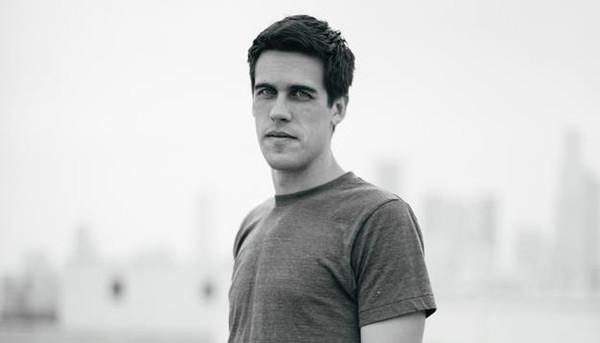
For most, the word philosophy conjures up images of stuffy intellectuals and thick textbooks filled with obscure discourses that complicate life instead of simplifying it. Stoicism, however, differs from lecture-room philosophy in one distinct sense: it’s purpose is for practical application, not endless intellectual debate. Its practices enable us to control our emotions and discipline our mind. To sum up its rationale in one sentence: we cannot choose what happens to us, but we can choose how we respond.
Although Stoicism originated over 2,000 years ago, it proves to be more functional than the barrage of self-help courses and success gurus of the 21st century. Until recently, it was severely underappreciated in the world of business, sports, and everyday life. Ryan Holiday, however, would change that.
For the past 10 years, Holiday has studied, written about, and applied Stoicism to his own life. He has leveraged his audience gained through his marketing skills and edgy writing to resurrect a nearly-forgotten philosophy and create a cult-like following around it. This transition from business to philosophy raised a few eyebrows, but nonetheless solidified his reputation as one of today’s prominent writers and thinkers.
Following the release of Trust Me I’m Lying, Portfolio Penguin was reluctant to accept Holiday’s proposal to write a book about a relatively unknown philosophy. Nevertheless, he took a pay cut in order to fulfill his calling to write the book that would give Stoicism the prominence that it rightly deserved. The Obstacle Is the Way: The Timeless Art of Turning Trials into Triumph was released in May 2014, and its wisdom quickly circulated worldwide. Within months, the book made its way into the hands of Arnold Schwarzenegger and LL Cool J as well as the locker rooms of the New England Patriots and the Seattle Seahawks. Suddenly, Stoicism was no longer reserved for library dwellers, but for entrepreneurs, athletes, and politicians.
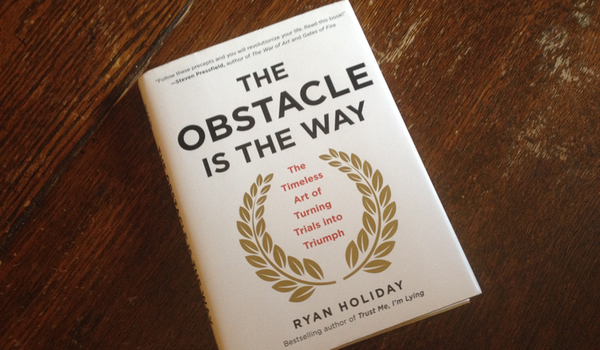
But a book simply describing Stoicism wouldn’t have reached such a vast audience. Holiday brought Stoicism to life by relating its principles to the lives of iconic figures such as Steve Jobs, John D. Rockefeller, and Amelia Earhart – human beings just like us who thrived in spite of unfortunate circumstances. And while Obstacle dealt with Stoicism in relation to external obstacles, it would only be fitting for Ryan to follow it up with a book that used Stoicism to combat the greatest internal obstacle: ego.
One of the most highly-anticipated books of 2016, Ego Is the Enemy debuted as an international bestseller. A treatise on the hazards of our own mind, Ego further progressed the transformation of Ryan the media manipulator into Ryan the strategist and intellectual – and his audience didn’t hesitate one bit to stand by his side.
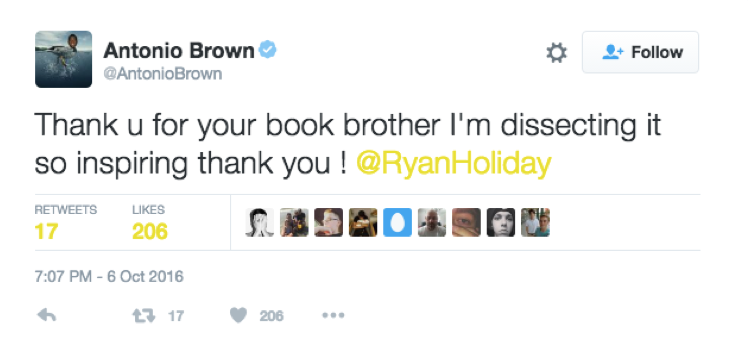
Waves of new Stoic fans (pardon the irony) have emerged seemingly from nowhere. The subreddit r/Stoicism now has over 36 thousand readers. Holiday has given talks about Stoicism to teams such as the Texas Rangers and the University of Alabama football team. Fans constantly post pictures of themselves with Obstacle and Ego on Twitter and Instagram. Books, philosophical ones in particular, are finally cool because he actually made them with the reader in mind. And just when you thought he would rest on his reputation as a bestselling author, Holiday decided to contribute once more to the movement he started in 2014.
The Daily Stoic: 366 Meditations on Wisdom, Perseverance, and the Art of Living, set to release this week, is a daily devotional of Stoic insights and exercises, featuring new translations from Stoic icons like Marcus Aurelius, Seneca, Epictetus and more. This new work has already garnered more media attention than other philosophical writers could dream of, and if Holiday’s prior work is any indication of what’s to come, he’s sure to attract even more enthusiasts.
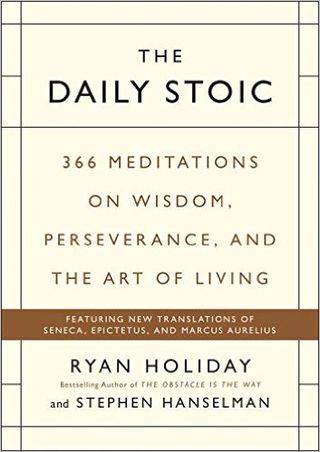
It would be easy for someone such as Holiday to let early success get to his head, but living out the Stoic principles that he teaches is perhaps what has enabled him to produce such a large body of work. He has managed to eschew the limelight and make superior-quality work his priority.
Ryan Holiday lives in the real world, not inside his own head like thinkers of old. He wears jeans and button-downs, not upscale suits. His tone is relaxed and conversational, not self-righteous or preachy. It’s undeniable that Holiday revived Stoicism and influenced thousands in the process, but whether his books stand the test of time is what will ultimately determine his legacy.
Dominic Vaiana studies writing and media strategy at Xavier University. He founded a campus newspaper and went on to advise, ghostwrite, and edit for colleagues and startups. His personal articles, essays, interviews, and book recommendations are sent in his bimonthly newsletter. For any questions or comments, email dominicvaiana@gmail.com.